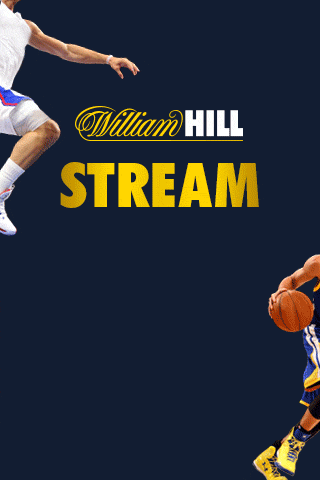I was talking to a young Frenchman in a Berlin bar barely 48 hours after Tim Duncan announced his retirement. I was hysterical. He was amused. And eventually I became disorientated. In fact, I was shocked.
Was Duncan really an all-timer, he asked?
You’re right, I was thinking this Parisian definitely didn’t know basketball. But his sacrilege made me confront a thought I’d never considered before: there are some fans that only know Duncan as a salt-and-pepper-bearded, fundamentally sound winner. They never saw him in his prime.
The Cult of Kobe multiplied late in Bryant’s career mainly because he championed the “win a title or you’re shit” culture. Duncan was different. He was the spokesperson for geeks of America when he appeared in a Punisher comic. He had a bank shot. His humour was self-effacing and dry. He wore baggy jeans.
Is this really how young causal fans see Duncan? This always gets to me.
Timmy’s greatness was never pinned to one year. It’s about 19 of them, and how he still gave a fuck at 40 years old in a losing fourth quarter effort in an elimination game against the Thunder.
This might sound insane, but that’s my favourite Tim Duncan memory. Nearly every other version of him is more beautiful and apt. And yet, I really love that particular moment, right near the end of his final game when he was wobbling down the court with 75-year-old Andre Miller. There was no Hollywood laced in his finish. Just two old pros too stubborn to realise that everything feels better sitting down. That they really don’t have to do this.
That the Spurs never sniffed the Thunder’s lead is hardly the point. What burns through is that Duncan, in the face of the NBA’s most athletic starting five, made the Oklahoma crowd clench with five minutes left with a bunch of no-nonsense, slow-motion efforts.
He was sports’ ultimate chameleon. He could drop-step into clear sight as the MVP and fade away into the understated, big brother role. And yet, no matter how many skins he adopted, he remained San Antonio’s solution. It’s easy to get caught up in Kawhi Leonard’s ascension and ignore the genius of Duncan. He built a pipeline of franchise torchbearers from Manu to Tony and finally to Kawhi.
Duncan knew chemistry could be the ultimate determinant for long-term success. Eventually, the other guys needed a greater role, and he set the example that allowed them to have it. His raw on-court numbers slipped, but the wins didn’t.
You see Leonard’s team, but you really see Duncan’s team. He’s had a close-to-immaculate general manager career.
We thought he was competitive—just not on Kobe’s homicidal level. The truth be told, he was a silent destroyer. We never really knew who he was as much as we’d like, but what we do know is this: Duncan is the modern NBA’s greatest winner, the Bill Russell of the 21st century. Just better.
Even still, his true power was responding to basketball’s cruellest lessons: the Derek Fisher shot, Ginobili’s ill-advised foul on Dirk, losing four straight to Oklahoma City, the Ray Allen shot and the Chris Paul shot. There were so many damn shots. But he returned each serve without a hint of diva or a stream of hashtags. And for me, this is why the losses never truly endured beyond the immediate Australian winter.
Duncan was always going to beat everyone back to the gym, palm a teammate’s head, improve his free throws, command the paint and immerse himself in competition for another year. Calmness ensued because we’d never heard anything from him, in both victory and defeat.
Nothing changed in San Antonio for 19 straight years. Spurs fans never endured a squad that couldn’t run a fast break, wasted a slew of possessions or formed a pickup team from hell. Nearly every other fan base since Duncan’s arrival in the NBA in 1997 has bitched about its team or settled for pathetic basketball.
Duncan made me one of the lucky ones.
Now he’s gone. Quite honestly, I don’t know what’s next. And that’s the problem. I always knew what was next.
Retiring after his fifth championship in 2014 wouldn’t have sat well with me. Sure, the misty-eyed tale of Duncan and Pop riding off into the sunset with a ring on the thumb is a neat ending. But his exit was always going to be charmingly modest. Let’s just say Duncan-like. What separated him from his contemporaries was that basketball came first, always. Having his retirement announced through a media release featuring the same number of quotes as his career fouls total (according to Tim, anyway) was typical Duncan.
He finished on one leg, five championships and with nothing left. I’ve been prepared for his retirement speech in the form of a media release since 2011, but somehow he’s left me still wanting more. That’s a rare combination in sports.
Thank you, Timmy.


Please comment with your real name using good manners.